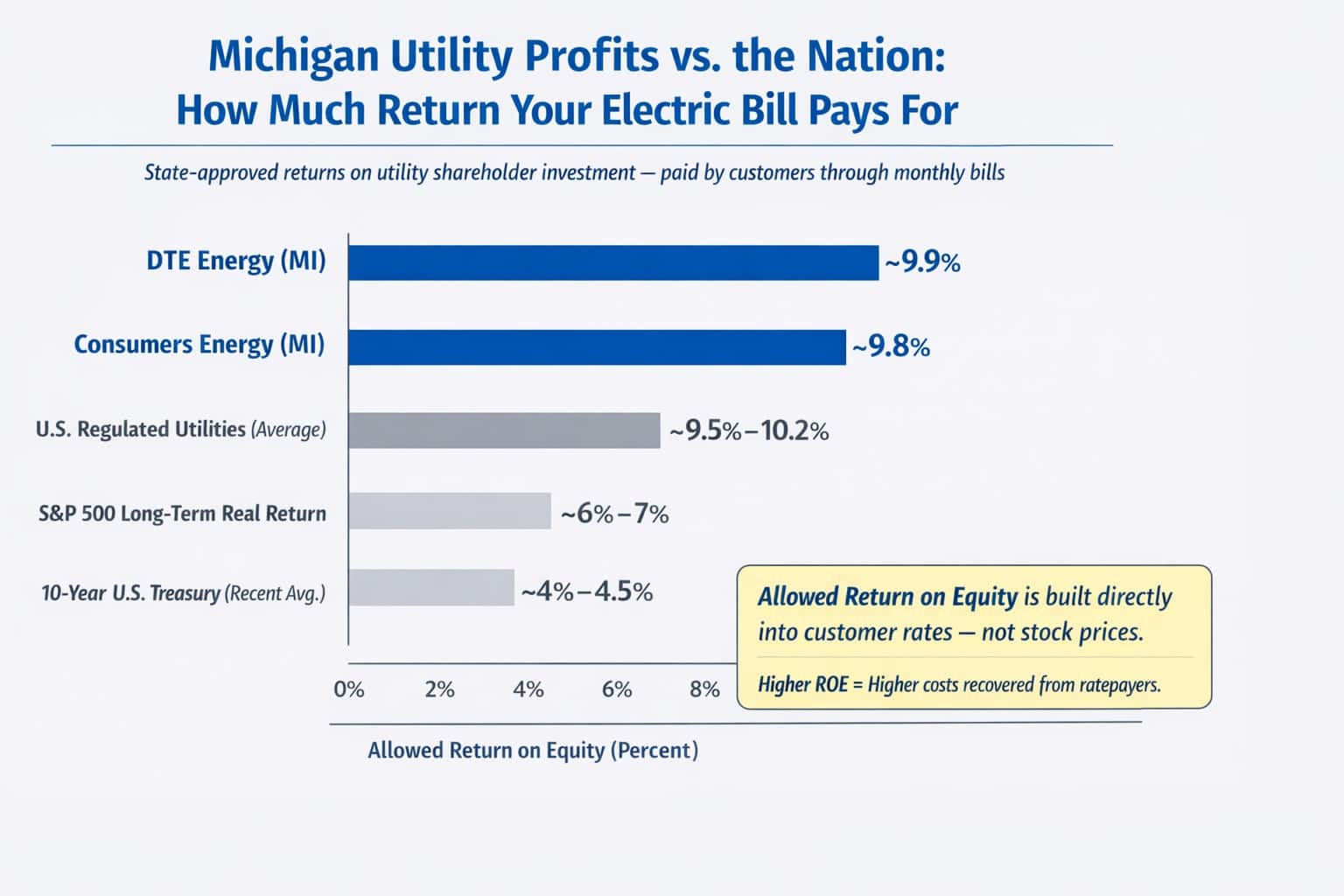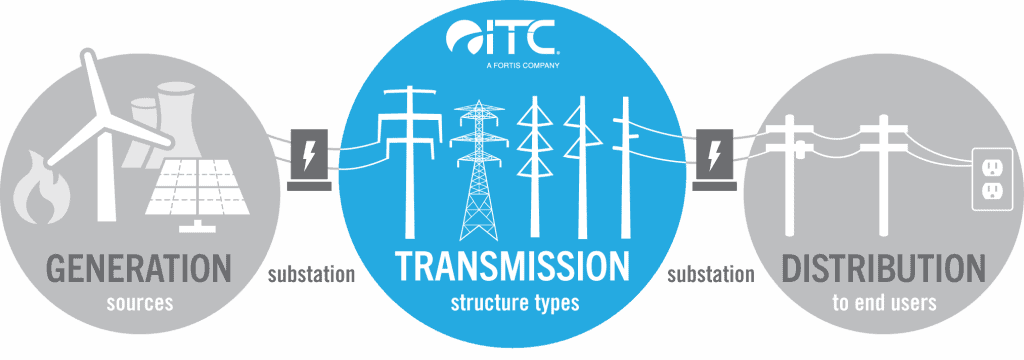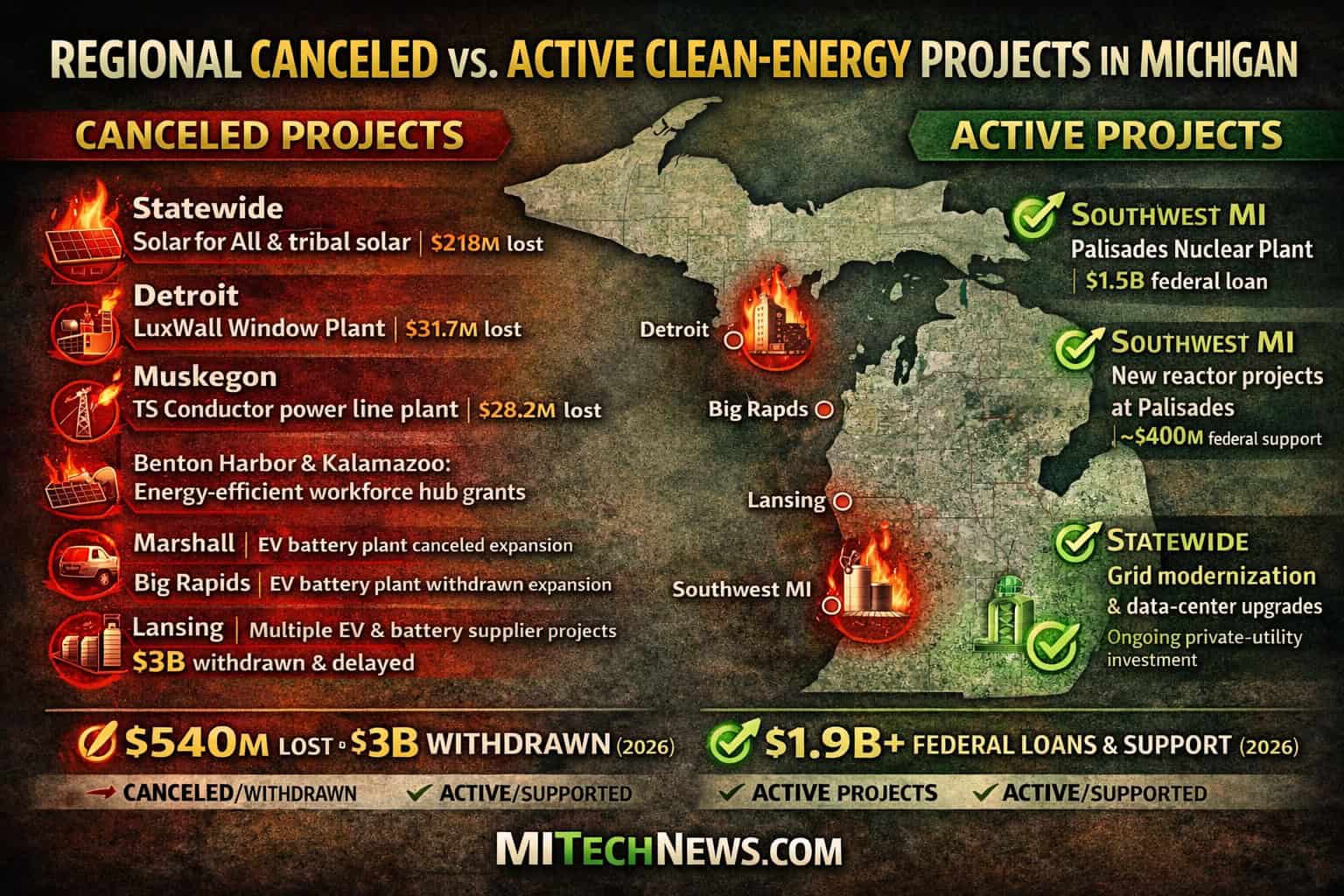LANSING – A planned state oil and gas lease will go forward next month, but the lease documents could put limits on the use of hydraulic fracturing to extract the materials after hours of public testimony urged the lease sale be postponed.
Natural Resources Director Keith Creagh said after the Natural Resources Commission meeting Thursday that the lease sale planned for October 24 would go ahead. But he said he would be working with his staff to determine if there were any controls that could be placed on fracking.
“One is not necessarily coupled to the other,” Creagh said of state minerals leases and fracking to extract those minerals.
Department of Environmental Quality and Michigan Oil and Gas Association officials told the commission and Creagh there had yet to be any environmental damage from fracking in the state, and producers had been using the practice to extract natural gas since the 1950s. State Geologist Hal Fitch said there are some 12,000 wells currently in the state that use the process.
The newer wells using the process are deeper and use a horizontal bore, Fitch said, but use the same chemicals and materials that older wells used. “It’s not really different,” he said. “It’s a matter of magnitude. It uses more water.”
He said the state has stricter regulations than some states that have had contamination problems related to the wells and so is not likely to see those contamination problems. But he said even in those other states, the contamination could not be tied back to the fracking itself as the reason for the contamination.
Fitch offered to by lunch for anyone who could show him a documented case where fracking was directly tied to groundwater or other contamination.
That water use concerned Commissioner John Madigan (R-Munising). “It disturbs me a little that we put 5 million gallons of water down a well … and we’re the water state,” he said.
But he said he still had not taken a position on the process itself.
The commission heard nearly three hours of testimony, mostly from people who had made up their minds on the issue. Most of the speakers on the issue urged the commission, which did not have a say on the issue, and Creagh to postpone the lease sale until more research could be done on fracking (or until groups involved with the effort can effect a ban on the practice).
Testimony on the fracking issue came from a variety of generally smaller environmental groups like Citizens Against Drilling on Public Lands and Don’t Frack Michigan. Among the more prominent groups represented in the testimony calling to delay the lease sale was the West Michigan Environmental Action Council.
Nick Occhipinti, director of policy and community activism for the group, said not only concerns over fracking, but concerns over the current natural gas market should delay the sale. “They leave it in the ground when prices are low. Why wouldn’t the state do the same?” he said.
Don’t Frack Michigan presented some 4,000 petition signatures calling on the DNR to delay the sale to prevent any of the wells using fracking.
James Olson, an attorney working with some of the groups, urged the NRC to call for a study. “The smartest thing I think the commission can do given the legal and policy implications of horizontal fracking is it is time to call a halt and call a citizens commission,” he said.
Several speakers argued the state was violating the public trust by selling the gas and oil, much less allowing fracking as way to extract it.
The lease sale “is unconscionable and, for the purposes of this body, unconstitutional,” said Steve Losher, president of Michigan Land Air Water Defense.
But Erin McDonough, executive director of the Michigan United Conservation Clubs, said the state is using the gas and oil for the public trust. “We are one of the only states that takes a non-renewable resource and uses it to perpetuate (resource protection and development),” she said, urging that the lease sale go ahead.
Some were also concerned about the effects on surface land owners where the state owned the mineral rights. Several speakers noted mortgage companies that had said they would not issue loans, or might call loans, where a fracking well ran under the property.
“It’s tantamount to trespass and destruction of private property,” said Jackie Rose with the Friends of the Auburn Rifle Watershed, who said one of the proposed lease parcels was under land her family owned.
This story was provided by Gongwer News Service. To subscribe, click on Gongwer.Com






